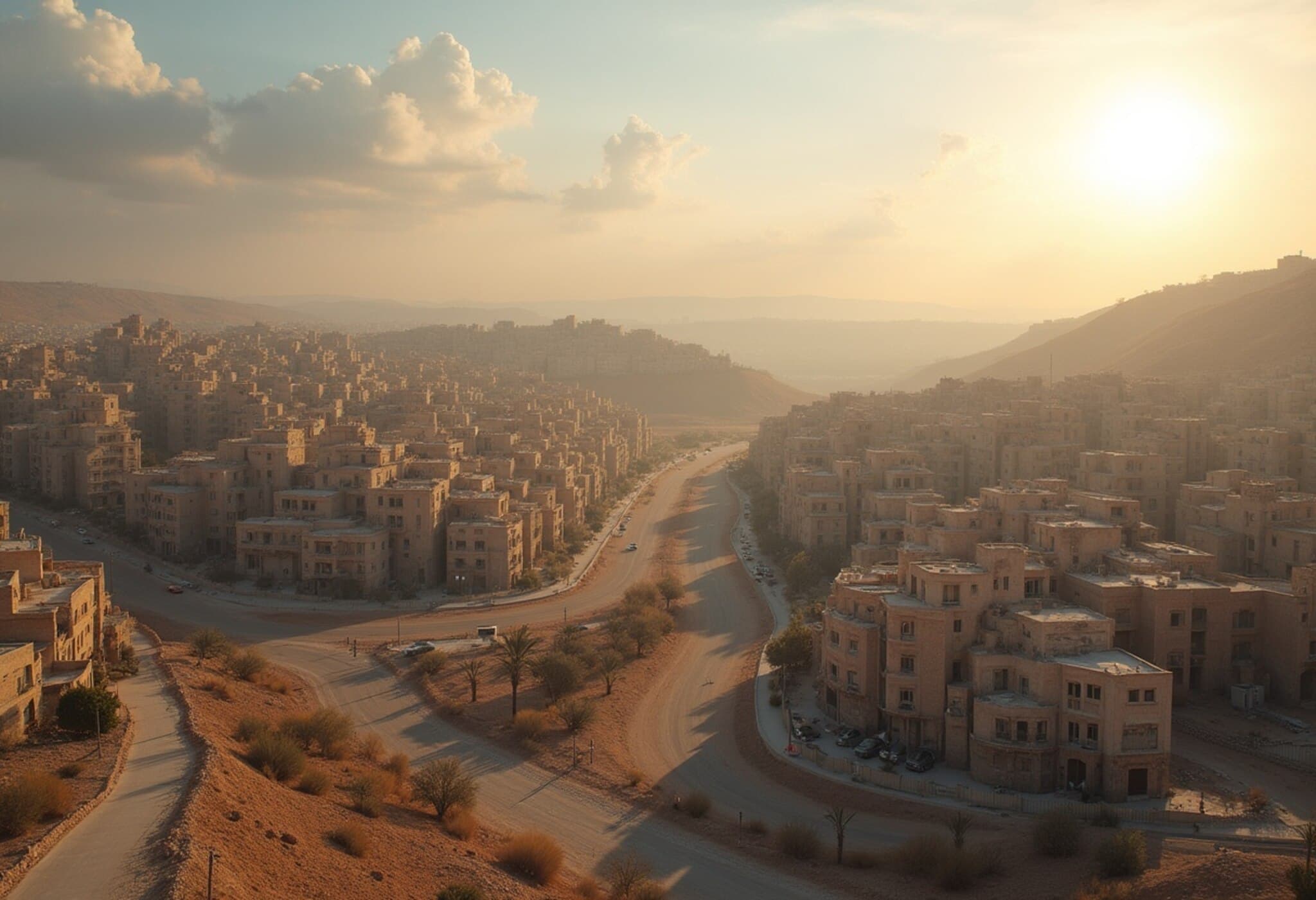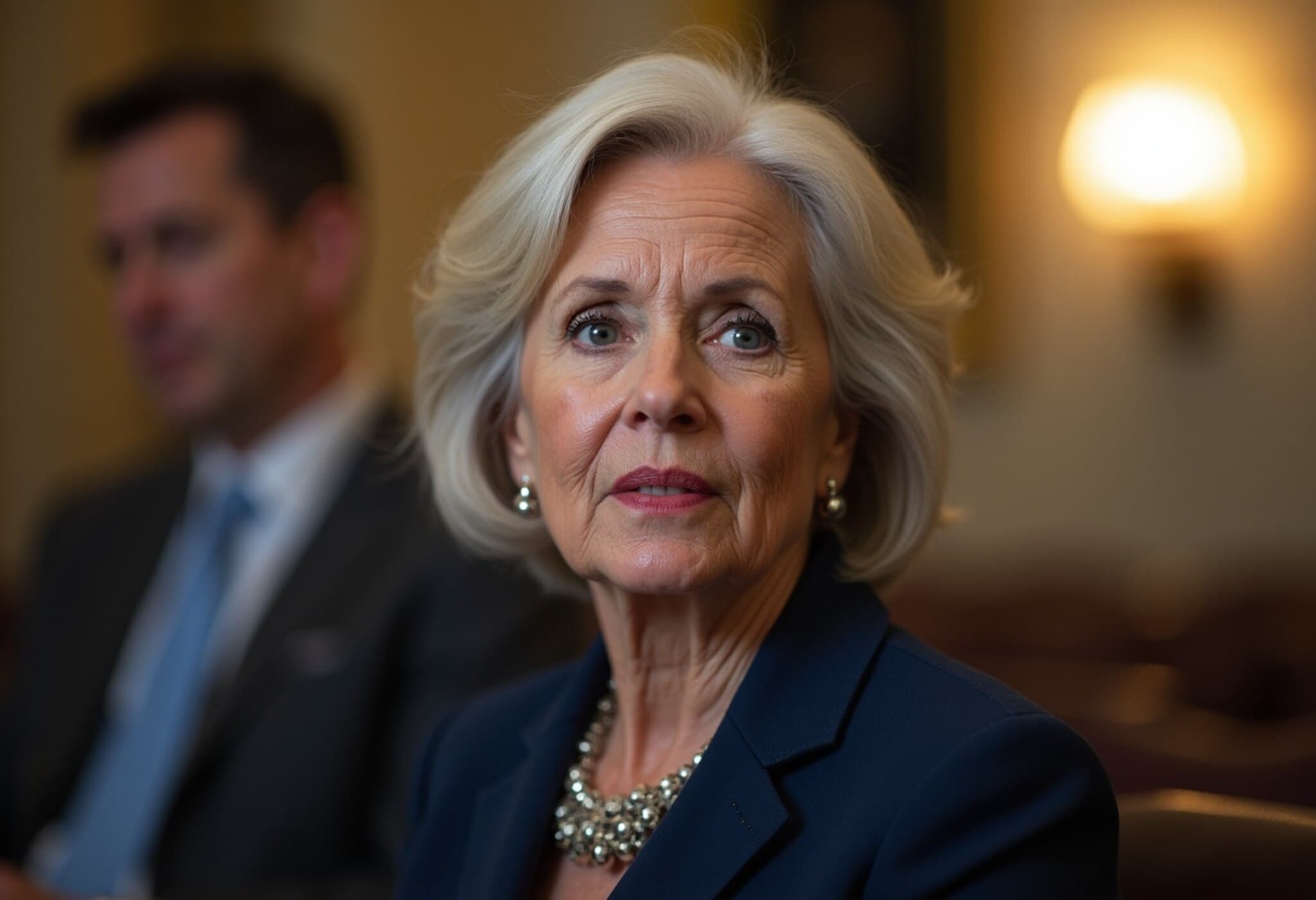Israel's E1 Settlement Plan: A Turning Point for Palestinian Statehood?
On August 21, 2025, Israel granted final approval to a highly contentious settlement expansion project in the occupied West Bank’s E1 area. This move has intensified fears among Palestinians, human rights organizations, and much of the international community that the plan could severely undermine, if not entirely erase, the prospects for a contiguous and sovereign Palestinian state.
Decades-Long Controversy Over E1
The E1 area, a largely open tract of land lying just east of Jerusalem, has been a subject of planning and debate for more than 20 years. Previous Israeli administrations paused development there largely under U.S. diplomatic pressure. However, the latest government, led by Prime Minister Benjamin Netanyahu and shaped by a powerful coalition including far-right figures like Finance Minister Bezalel Smotrich, has decisively moved forward on the project.
A Political Statement and a Regional Flashpoint
Bezalel Smotrich, known for his staunch settler advocacy, openly framed the approval as a direct challenge to Western countries that have recently signaled recognition of Palestinian statehood ambitions. At a press event near Maale Adumim settlement, Smotrich declared, “Every settlement, every neighborhood, every housing unit is another nail in the coffin of this dangerous idea [of Palestinian statehood].”
Israeli Prime Minister Netanyahu has long rejected the notion of a two-state solution, vowing to maintain Israel’s control over the occupied West Bank, annexed East Jerusalem, and Gaza. This settlement expansion further consolidates Israel’s footprint, fragmenting Palestinian lands and complicating any future territorial negotiations.
Geopolitical and Humanitarian Implications
- Dividing the West Bank: E1 sits strategically between key West Bank cities—Ramallah and Bethlehem—essentially blocking a territorial corridor that Palestinians envision as vital to a future state’s viability and unity.
- Impact on Palestinian Movement: Palestinians already face extensive detours and checkpoints, transforming a 22 km journey into a prolonged ordeal. The E1 settlement threatens to entrench these restrictions, effectively isolating parts of the West Bank from one another.
- Legal and International Status: The international community overwhelmingly regards West Bank settlements as illegal under international law, viewing expansion as a major stumbling block to lasting peace.
Security, Settler Violence, and Escalating Tensions
While global focus remains riveted on the war in Gaza, the West Bank faces escalating turmoil. Recent months have seen increased clashes involving settlers, Palestinians, and Israeli security forces—ranging from violent attacks and evictions to strict military operations that constrict Palestinian daily life.
This volatile environment underscores the deeper issues at stake: settlement expansion is not merely a real estate matter, but a catalyst intensifying conflict and entrenching structural inequities.
U.S. Position and International Response
During an interview, U.S. Ambassador to Israel Mike Huckabee indicated that, under the current administration, advancing a two-state solution is deprioritized, citing uncertainty about what a Palestinian state might realistically entail. This stance contrasts with previous U.S. administrations’ efforts to mediate peace and calls into question Washington’s influence over settlement activities.
Meanwhile, human rights groups like Peace Now condemn the E1 project as a deliberate effort to sabotage peace negotiations, pointing to a government leadership that, they argue, has lost public trust by prioritizing ideological settlement expansion over long-term national interests.
What Lies Ahead?
Construction is expected to begin soon, with plans for roughly 3,500 housing units adjoining Maale Adumim and an additional 350 homes approved near Hebron. Given the current political climate, the prospect of Israel reversing course—as it did with Gaza settlements in 2005—appears increasingly unlikely. Instead, the settlement expansion is poised to solidify Israeli presence and reshape realities on the ground.
This development also serves as a litmus test for international diplomacy, raising urgent questions about how governments worldwide will respond to changes that could redefine the possibilities for peace in one of the world’s most persistent conflicts.
Expert Insight
From a policy analysis perspective, the E1 approval highlights the intersection of domestic political agendas and international diplomacy. Israel’s current government composition—with significant influence from religious and ultranationalist parties—suggests that settlement policy may continue to prioritize ideological goals over negotiated compromise.
Economically, cementing Israeli control in E1 can deter future investment in a fragmented Palestinian economy, stagnating development prospects. Furthermore, restricting Palestinian mobility weakens social cohesion and sustains humanitarian challenges.
For observers in the United States and Europe, this development poses a clear dilemma: balancing strategic alliances with Israel against international law and human rights concerns, all amid an increasingly complex regional context.
Editor’s Note
The E1 settlement approval marks a critical juncture in the Israeli-Palestinian conflict. While often framed through political or legal lenses, the human impact is profound—deepening divisions, eroding hope for a two-state solution, and prolonging hardship. How the international community responds, and whether new pathways for peace can emerge, remains uncertain. Readers are encouraged to reflect on the broader implications of such policies, beyond immediate geopolitical headlines.











